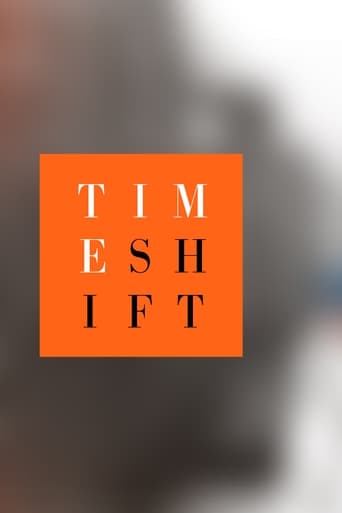
Timeshift (2002)
Documentary series which ranges widely over Britain's social and cultural history, its narrative-led storytelling offering a richly immersive and varied window onto the past.
-

Episode 1 - How to Be a Good President
Release Date: 2008-09-14Helped by contributors including Shirley Williams, Douglas Hurd and Simon Hoggart, journalist Jonathan Freedland attempts to define the qualities which make a great US president.
-

Episode 2 - Between the Lines - Railways in Fiction and Film
Release Date: 2008-10-09Novelist Andrew Martin presents a documentary examining how the train came to shape the work of writers and film-makers, from Wordsworth and Dickens to The Railway Children.
-

Episode 3 - Last Days of Steam
Release Date: 2008-10-16Documentary that tells the surprising story of how Britain entered a new age of steam railways after the Second World War and why it quickly came to an end.
-

Episode 4 - How to Write a Mills and Boon
Release Date: 2008-11-02To mark 100 years of romance publishers Mills and Boon, literary novelist Stella Duffy takes on the challenge of writing for them, a task that ends up being harder than it looks.
-

Episode 5 - How to Solve a Cryptic Crossword
Release Date: 2008-11-10Don Manley reveals the tricks that compilers use to bamboozle and entertain cryptic crossword solvers, while fans including Prunella Scales explain why they enjoy them.
-

Episode 6 - The Comic Songbook
Release Date: 2008-12-22Documentary which celebrates Britain's tradition of comic songs, from Noel Coward's Mad Dogs and Englishmen to Benny Hill's Ernie, and reveals the skill involved in creating them.
-

Episode 7 - Fashion versus the BBC
Release Date: 2009-01-22A team of fashion writers and commentators including Peter York, Colin McDowell, Ted Polhemus and Hilary Alexander looks at the relationship between British fashion and the BBC.
-

Episode 8 - The North-South Divide
Release Date: 2009-04-02Journalist John Harris travels around England to find out why the north-south divide is still an economic reality following the decline of industry, and if it can be closed.
